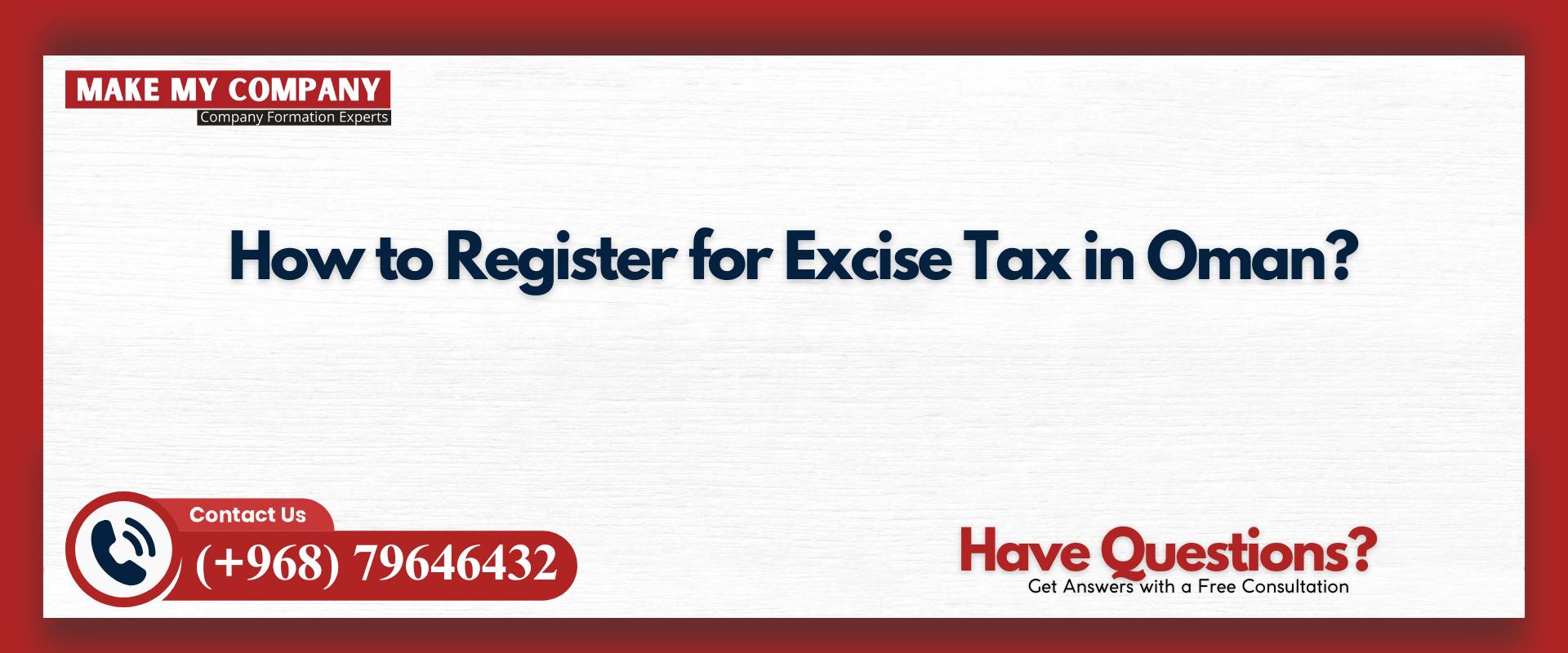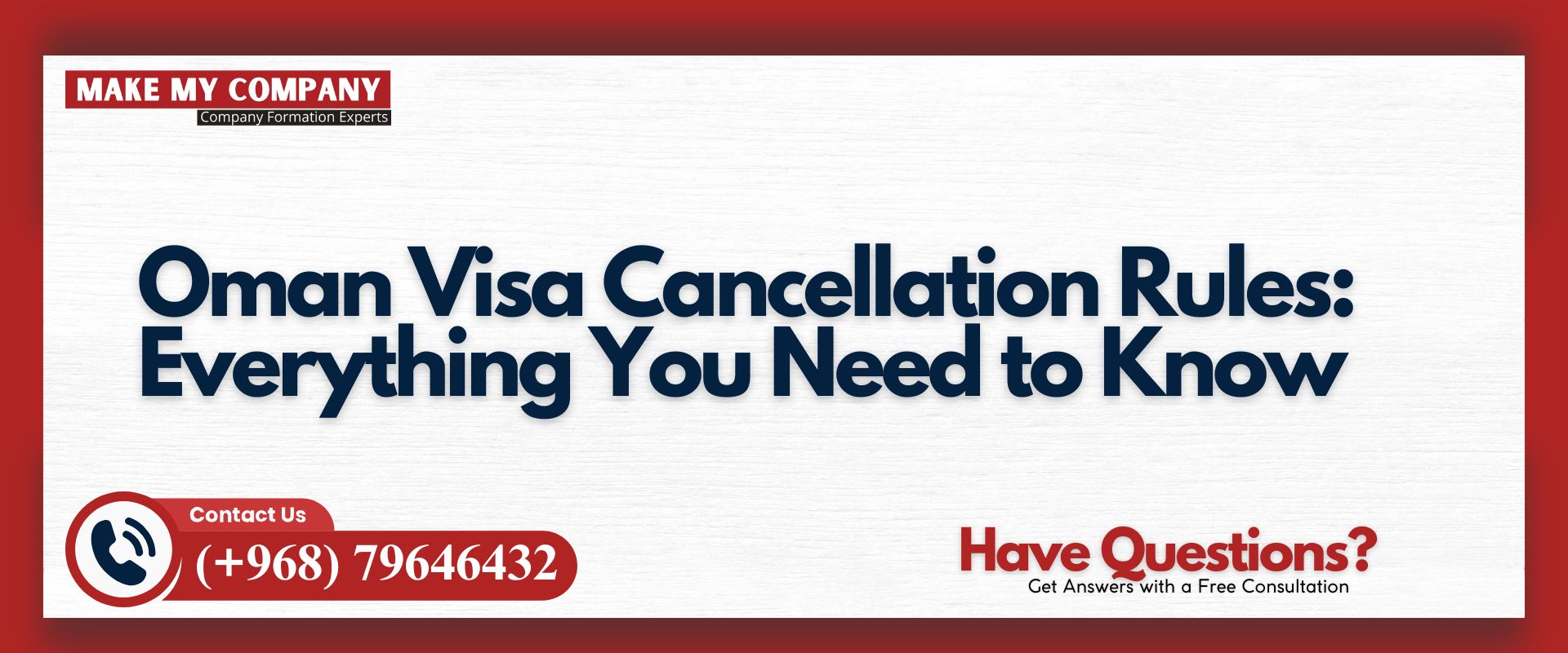Are you a business owner in Oman wondering how to register for excise tax in Oman? Understanding the process and requirements for excise tax registration is crucial to ensure that your business stays compliant with Omani tax laws. In this article, we will guide you step-by-step on how to navigate the excise tax registration process and highlight key considerations for businesses in Oman.
What is Excise Tax in Oman?
Before diving into the registration process, it’s important to understand what excise tax in Oman is. Excise tax is a type of indirect tax that is levied on specific goods and services. These goods usually include items like tobacco, sugary drinks, and energy drinks. The primary purpose of excise tax in Oman is to reduce the consumption of harmful products while generating revenue for the government.
The Omani government introduced excise tax in 2019 as part of its efforts to improve public health and diversify its revenue sources. As a result, businesses dealing with these specific products must register for excise tax in Oman to comply with tax regulations.
Who Needs to Register for Excise Tax in Oman?
If your business imports or produces any of the excise goods mentioned above, you are required to register for excise tax in Oman. This includes businesses in various sectors, such as:
- Importers of excise goods
- Manufacturers of excise goods
- Distributors or retailers selling excise goods
- Any business involved in the trading or handling of excise goods
It’s essential for businesses in these categories to understand the obligation to register for excise tax in Oman to avoid penalties and fines for non-compliance.
Steps to Register for Excise Tax in Oman
Now that you understand the basics of excise tax in Oman, let’s take a closer look at the process of registering for excise tax. The registration process is relatively simple but requires careful attention to detail.
Step 1: Determine Eligibility
Before you start the registration process, make sure your business is eligible for excise tax registration in Oman. As mentioned earlier, your business must be involved in the production, import, or distribution of excise goods. You should also ensure that your business has a legal entity registered in Oman and complies with the regulations set by the Oman Tax Authority.
Step 2: Gather Required Documents
To register for excise tax in Oman, you will need to submit several important documents. These typically include:
- Valid commercial registration (CR) for your business
- Proof of address of your business (e.g., utility bills or lease agreements)
- A copy of the owner’s identification (e.g., passport or Omani ID)
- Customs clearance documents for any imported excise goods
- Details of the excise goods you deal with (types of products and volumes)
It’s crucial to ensure that all the information you provide is accurate to avoid delays in the registration process.
Step 3: Complete the Registration Form
Once you have gathered all the necessary documents, you can move forward with the registration form. The Oman Tax Authority provides an online portal for excise tax registration in Oman, making it easier for businesses to complete the process.
Log into the portal and fill out the registration form with your company’s details, including:
- Business name and contact information
- Details of the excise goods you deal with
- Financial information, including turnover from excise goods
- Information about your business activities
Make sure all the fields are correctly filled out. Any missing or incorrect information could cause delays in your registration.
Step 4: Submit the Application
Once the form is complete and all documents are attached, submit your excise tax registration application through the portal. The Oman Tax Authority will review your application and, if everything is in order, approve your registration.
This process may take a few days to a couple of weeks, depending on the volume of applications they are processing.
Step 5: Receive Your Excise Tax Registration Number
Once your application is approved, you will receive an excise tax registration number. This number must be prominently displayed on all invoices and tax documents related to excise goods. The excise tax registration number is a key part of your business’s tax compliance, as it helps the Oman Tax Authority track and manage your tax obligations.
Step 6: Comply with Ongoing Reporting and Payment Obligations
After you’ve successfully registered for excise tax in Oman, it’s essential to remain compliant with reporting and payment requirements. Businesses must file regular excise tax returns with the Oman Tax Authority, usually on a monthly or quarterly basis, depending on your business activities. These returns will detail the excise goods you have imported or manufactured, as well as the excise tax due on those goods.
Make sure to keep accurate records and ensure timely payment to avoid penalties.
Common Mistakes to Avoid When Registering for Excise Tax in Oman
While the process of excise tax registration in Oman may seem straightforward, businesses often make common mistakes that can delay their registration or lead to non-compliance. Here are a few things to watch out for:
Missing Documentation
Always ensure you have all the required documents ready before starting the registration process. Missing or incomplete documents are one of the main reasons for delays.
Incorrect Information
Double-check the information on your registration form. Providing inaccurate information can result in your application being rejected or delayed.
Failing to Meet Deadlines
It’s important to meet all deadlines for tax return submissions and payments. Failing to do so can result in fines and penalties, affecting your business’s financial standing.
Not Keeping Proper Records
Make sure you maintain detailed and accurate records of all transactions related to excise goods. This will make it easier to file your tax returns and demonstrate compliance during audits.
Benefits of Registering for Excise Tax in Oman
Registering for excise tax in Oman brings several benefits to businesses, including:
- Avoiding penalties: Compliance with excise tax laws ensures that your business avoids legal issues, fines, and penalties.
- Building credibility: Being registered for excise tax enhances your business’s reputation with clients, suppliers, and regulatory authorities.
- Access to tax credits: In some cases, businesses may qualify for tax credits or exemptions on certain excise goods, depending on their operations.
- Financial stability: Regular payment of excise taxes helps maintain a good relationship with the Oman Tax Authority, ensuring smooth operations for your business.
Conclusion
In conclusion, registering for excise tax in Oman is a crucial step for businesses involved in the production, import, or distribution of excise goods. By following the simple steps outlined in this guide, you can ensure a smooth and hassle-free registration process.
If you’re looking for expert assistance with excise tax registration or other business setup needs in Oman, don’t hesitate to contact MAKE MY COMPANY, a leading business setup company in Oman. We specialize in helping businesses navigate tax registration processes and ensure full compliance with Omani regulations. Reach out to us today to start your journey toward tax compliance and a successful business in Oman.









